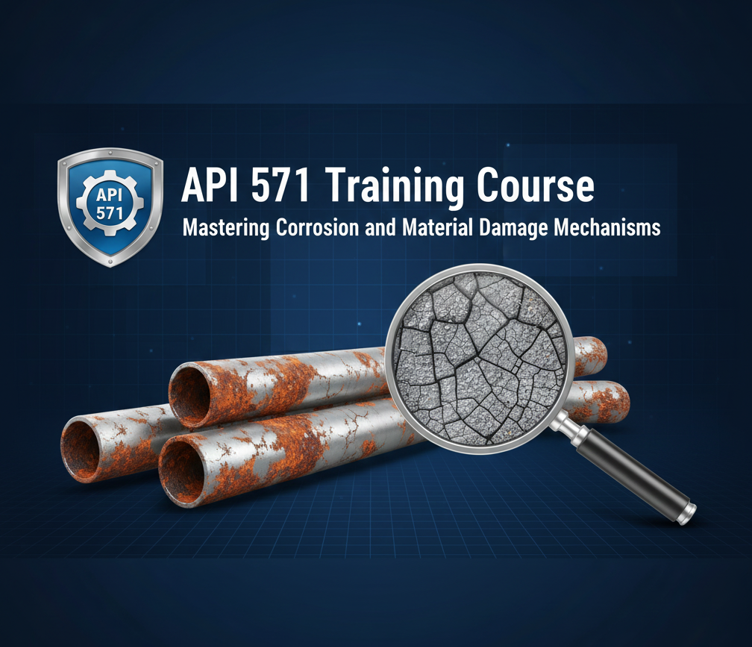Basic Laws in Electrical Engineering
- Ohm's law
- Law of resistance
- Joule's law of heating
- Fleming's right-hand rule
- Fleming left hand rule
- Faraday's law
- First law
- Second law
- Lenz's law
- Kirchhoff's law
- Kirchhoff's current law
- Kirchhoff's voltage law
What electrical engineering
Electrical engineering is an unfortunate branch of engineering that mainly aims in the electricity, electronics and even electromagnetism. As a subject it covers the generation of electrical energy, distribution of electrical energy, conversion of electrical energy and the utilization of the electrical energy as well. Electrical engineers are involved in planning, creation, evaluation as well as maintenance of electrical products and systems. Here are some key areas within electrical engineering:
Power Systems: This area deals with the production, conveying and delivering of electrical energy. Workers in this field have activities in matters relating to design, construction of power systems and transformers, and management of power system stations.
Electronics: Electronics is a very crucial part of electrical engineering because electrical engineering deals with the design of equipment electronic circuits.This involves such technologies as microelectronics, and together with analog and digital electronics and integrated circuits.
Control Systems: Control systems engineering may be define as the act of creating and developing the ways of controlling different processes and devices. Examples include automotive systems, manufacturing and assembly line controls, robotics, and space vehicle controls.
Telecommunications: The specialization within the field of telecommunications is focused on such activities as the design of various systems of communication such as the telephone, data, wireless, as well as the optical fiber systems.
Signal Processing: This field is also concerned with process, evaluating, understanding and controlling signals that can be in form of audio visual or data. Such areas as image and speech recognition heavily rely on the foregoing signal processing.
Electrical Machines: This sub-discipline deals with electrical machines and is a specialty of electrical engineers who engage in designing and or analyzing motor and generator machines. These machines are widely employed in specific and general applications such as machinery, automobiles and electric cars.
Renewable Energy: Given the heightened awareness of the effects of pollution, the profession of electrical engineers is now participating in the design and incorporation of renewable power systems of new technologies such as solar and wind power systems into transmission and distribution networks.
Electrical Safety: Protection or safeguarding the electrical systems and devices is an important consideration that is part of electrical engineering. Professional engineers develop technologies that help in reducing risks from electrical dangers and occurrences.
Computer Engineering: Electrical engineers are also involved in computer engineering which entail coming up with computer chips, microprocessor and embedded skill.
Research and Development: A characteristic or rather a feature of electrical engineers is that most of them work in research and development scaling new heights in their fields.
Actually, electrical engineering is universally vital for many industries, including power, communication, production, and electronics industries. Therefore, it is indeed among those professions that experience rapid growth, given the incorporation of technology in society’s activities as well as the development of the modern society.
what electrical engineering do
Electrical engineers thus perform in all aspects of industries of the economy production, ranging from electrical energy generation and distribution, telecommunications, electronics and so on.
Some of the specific tasks that electrical engineers perform include:Below are some of the tasks that electrical engineers conduct:
- It includes the planning of systems, circuits as well as electrical equipments that is to be incorporated into the electrical products.
- Essentially, it is the discovery of new technologies for producing electricity, transmitting it and its utilization.
- Carrying out diagnostics and examination of various electrical networks.
- Production of electrical parts and appliances
- Petroleum and other liquids and involving in maintaining and repairing of electrical equipment.
- In electrical engineering, doing research
Electrical engineers should have adequate mathematical, physical, and computers background knowledge. It also is implied that they should be able to use problem solving and critical thinking skills. Typical qualifications that electrical engineers have to meet include having at least an undergraduate degree in electrical engineering; although most employers seek persons with a master’s degree in electrical engineering at the bare minimum.
The some of electrical engineers in the United States earn a median of one hundred and three thousand, three hundred and ninety US dollars per year only. According to BLS, employment of electrical engineers shall grow on average by 7% during the years 2020-2030; this is a higher growth rate when compared to occupations in general. This growth is due to the rise in the need of electrical engineers in the different sectors including the green energy sector, the information communication technology, the production among others.
If you are interested in a career in electrical engineering, there are a few things you can do to prepare:On the other hand though, to be a professional electrical engineer, the following can be done;
- Make sure that he or she pursues Mathematics and Science matter in high school classes and respectively college classes.
- Participate in co-curricular activities that are associated with electrical engineering like robotics or engineering societies.
- The top concept in this approach is that the user can connect with other electrical engineers as well as find out what they do.
- Truly learn the trade by offering your services as an intern or volunteering in the said trade.
Being an electrical engineer can be very rigorous but it is mostly rewarding. Practitioners of electrical engineering help in shaping of new technologies and enhancement of human society. Western participators have stated that to join among the engineers practicing in the electrical engineering field is great.
Complete Oil and Gas Industry Practical Training Course
Complete Oil and Gas Industry Practical Training Course is a self-learning, practical program powered by industry expertise. Log in to explore, practice real scenarios, and grow industry-ready skills.
- pipenet
- pipesim
- HTRI
- olga
electrical engineering laws
Electrical engineering therefore means the application of principles of physics and mathematics on electrical systems or devices, or their analysis. Some of the fundamental laws and principles that electrical engineers use include:Ways used when it comes to the electrical engineering include the following fundamental laws:
Electrical laws list
Electrical engineering is the utilization of laws and principles of physics and mathematics used to develop electrical systems or devices, or critically examining them. Some of the fundamental laws and principles that electrical engineers use include:Some of the fundamental laws and principles that electrical engineers use include:
Electrical laws list
Ohm's Law: This law is recognized worldwide as one of the simplest yet extremely essential laws in the field of electrical engineering that links voltage and electric current with electrical resistance in a circuit unarguably. It is written as V = IR and where the ability is described to be equal to the current multiplied by the resistance.
Kirchhoff's Laws: This is also known as Kirchhoff’s current law symbolically represented as KCL that posits that the sum of currents entering any node of a network is zero. By the application of Kirchhoff’s laws it becomes clear that the algebraic sum of the potential differences in any loop is zero.
Faraday's Law of Electromagnetic Induction: This law regard to each alteration in magnetic field should create an electromotive force or voltage in the conductor which is in the vicinity. In fact, it is the working of generators and transformers based on this very principle.
Lenz's Law: Faraday’s Law – this law is interested in the production of induced electromotive force while Lenz’s law; although derived from Faraday’s law is interested in the production of current in a conductor in a way that is contrary to the change in the magnetic flux that produced the current.
Ampere's Circuital Law: Circuital Law by Ampere is another postulate that proclaims that there is a connection between the aggregate of the amplitudes of magnetic fields existing in the space enclosed by a closed contour and current passing through this contour. This is use in defining the magnetic field produced by the conductors with the current flow.
Gauss's Law for Electricity and Gauss's Law for Magnetism: Both of these laws explain the connection that is built-in between electric charges and the electric field, and magnetic poles and the magnetic field. These are postulates in electromagnetism.
Thevenin's Theorem and Norton's Theorem: These form the network theorems which are applied in simplifying electrical circuits into other easier circuits due to analysis of circuits.
Superposition Theorem: Superposition theorem is also connected with the linear circuits that contain multiple sources: superposition theorem stipulates that the reaction of the circuit (for example, voltage or current in a definite point) should be calculated individually for every source supposing all the other sources are cut off.
Maximum Power Transfer Theorem: This one lays down that in a linear network to pass on power in its optimum degree from its source to the load, the load resistance must be equal to the internal resistance of the source.
Laws of Thermodynamics: These laws are applied in electrical engineering while analyzing energy transformations and efficiency in electrical related equipment like motors and generators.
These laws and principles are important to study and analyze circuits and systems that have something to do with electricity. They are widely employed by electrical engineers who employ them in their daily activities to design as well as solve electrical circuits in power systems, small electronic circuits, and power distribution systems.
Besides the laws described above many other theorems and principles are used in electrical engineering. Some of the most important theorems and principles include:Some of the most important theorems and principles include:
- Thevenin's theorem
- Norton's theorem
- Superposition theorem
- Maximum power transfer theorem
- Reciprocity theorem
- Thévenin–Norton equivalent
- Miller theorem
- Source transformation theorem
- Wye-delta transformation
- Star-delta transformation
With the help of the following theorems and principles, one can reduce the excessively complicated electrical circuits and solve the problems which would be quite hard to solve by making use of the basic laws only.
Electrical engineering is subdivided into many fields and there exist numerous laws and theorems that an electrical engineer has to study. However, one gets a basic understanding of the laws and theorems that are involved when studying electrical engineering hence can be in a position to solve many problems in the field.









